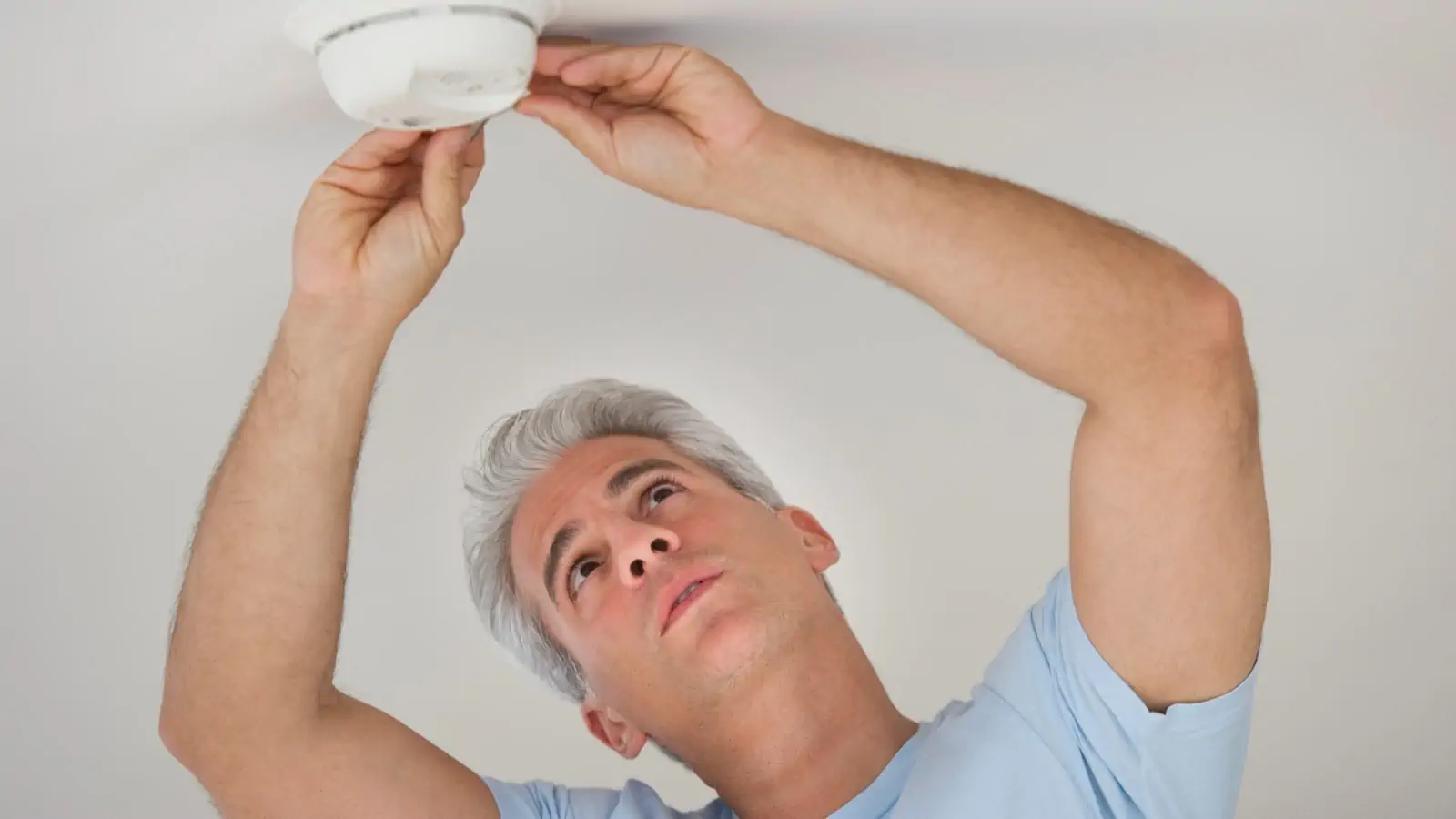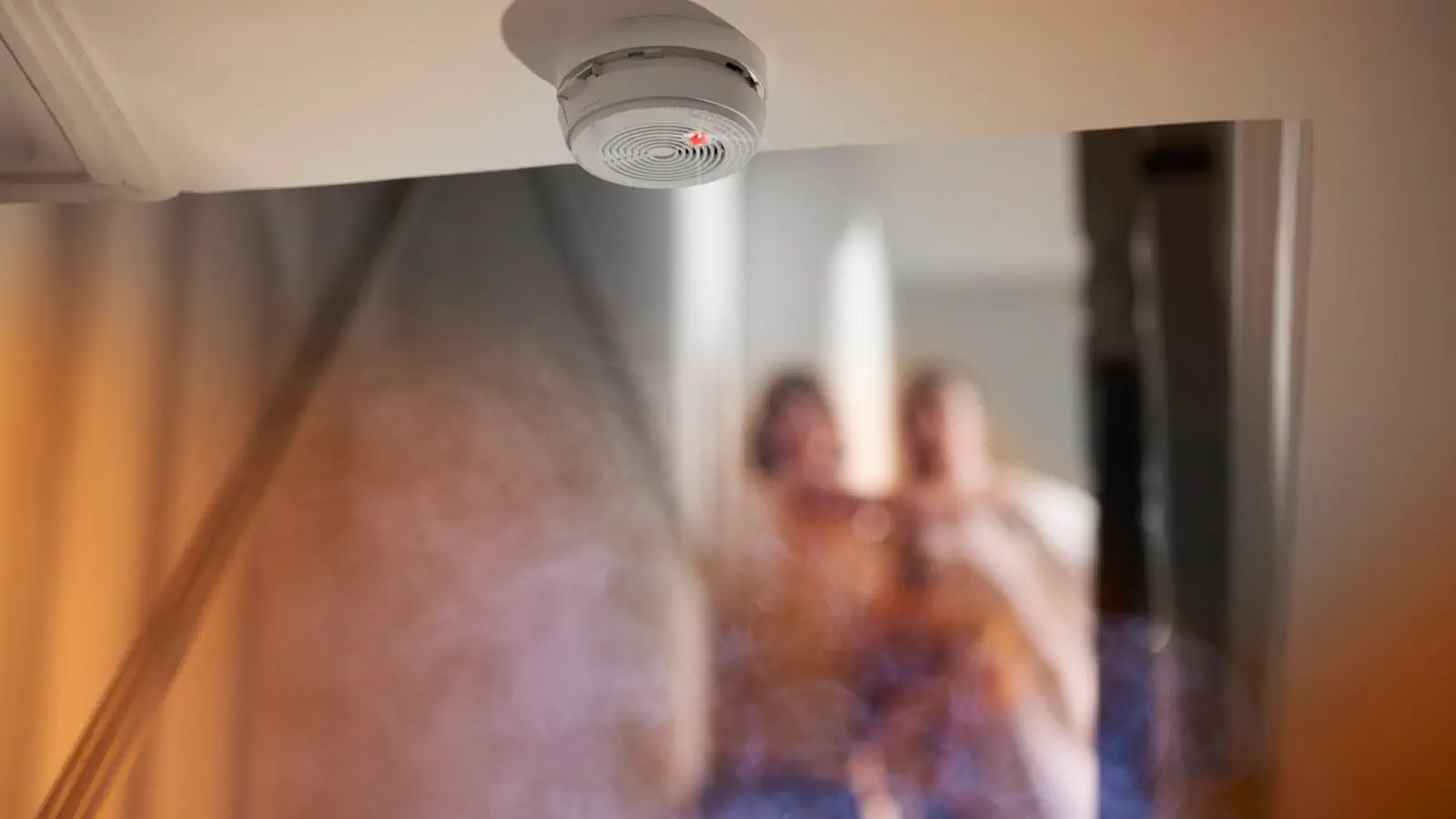Smoke detectors serve as the primary line of defense against fires in your home. When they sound an alert, they give you valuable time to respond to potential dangers. However, what should you do when your smoke detector begins to beep? Addressing a beeping smoke detector without delay is crucial. If the noise indicates an actual fire hazard, it might provide you with just enough time to extinguish a small blaze before it escalates. Alternatively, if the beeping is a warning chirp, resolving the underlying issue ensures that your detector remains operational and prepared. Here’s a comprehensive guide to help you understand why your smoke detector might be beeping and the steps you should take. There are numerous reasons why a smoke detector might emit a beeping sound. Familiarize yourself with the tone and possible causes to quickly diagnose and resolve any issues. Not all sounds coming from your smoke or carbon monoxide detector are the same. Tone: A loud, continuous alarm sound or a sequence of three beeps that repeats. Tone: A series of four beeps that repeats. A short, single, intermittent chirp indicates a problem with your detector rather than an emergency. It’s essential to fix the issue promptly to ensure your detector functions correctly in case of smoke or carbon monoxide exposure. What Your Smoke Detector’s Chirp Could Mean A common cause of a chirping smoke detector is a low battery. Most battery-operated detectors start making noise when the battery is nearly depleted. Dust and debris can accumulate inside the smoke detector, triggering a chirp. This can impair the sensor’s ability to detect smoke effectively. Sometimes, a smoke detector might chirp due to an internal malfunction that requires professional attention. Hard-wired smoke detectors connect directly to your home’s electrical system and often include a battery backup for power outages. Here are some benefits of hard-wired detectors compared to plug-in or battery-powered models. Hard-wired smoke detectors are more dependable because they have a constant power supply. This minimizes the risk of failure due to a dead battery. Many hard-wired smoke detectors are interconnected. If one detects smoke, all detectors in the house will sound an alarm. This provides early warnings and additional evacuation time, especially in larger homes. With hard-wired smoke detectors, you won’t need to replace batteries frequently. The battery backup only requires occasional replacement. To ensure your smoke detectors remain fully functional, follow these safety guidelines: Test your smoke detectors at least once a month by pressing the test button. Replace batteries annually or as advised by the manufacturer. Install smoke detectors in key locations within your home: Avoid placing smoke detectors near windows, doors, or vents where drafts might interfere with their performance. Keep your smoke detectors clean. Dust and debris can hinder their functionality. Regularly vacuum or use compressed air to maintain cleanliness. Replace smoke detectors every ten years since they may become less reliable over time. Functional smoke detectors can impact your homeowner’s insurance. Many insurers offer discounts for homes equipped with smoke detectors. Some may also require proof that your smoke detectors are operational. If a fire occurs and your smoke detectors aren’t working, you could face liability for any resulting damages or injuries. Working smoke detectors provide evidence that you’ve taken reasonable precautions to ensure safety. A beeping smoke detector can be bothersome, but it’s also a vital warning signal. Knowing the common reasons for beeping and how to address them could save lives, property, and protect you legally in the event of a fire. If you’re ready to install a hard-wired smoke or carbon monoxide detector in Alberta, contact Rümi! Our skilled technicians can handle installations and resolve any unexpected beeping issues. Request Smoke & Carbon Monoxide Detectors today!
Forged round bar
Forged shaft
Forged alloy steel bar
Forged carbon steel bar
steel bar, round bar, forged bar, forged steel bar, forged round bar Changzhou Chengxin Metal Products Co., Ltd , https://www.chengxinsteeltube.comWhy Is My Smoke Detector Beeping?
Beep or Chirp: Understanding the Difference
Fire Alarm Beep
Carbon Monoxide Detector Beep
Chirps
Low Battery
What You Should Do:
Dust & Debris
Steps to Take:
Malfunction
Steps to Take:
Advantages of Hard-Wired Smoke Detectors

Reliability
Interconnected System
Reduced Maintenance
Smoke Detector Safety Tips
Regular Testing
Proper Placement
Maintenance
Insurance & Liability
Better Safe Than Sorry

Smoke Detector Beeping? Here's What to Do.
